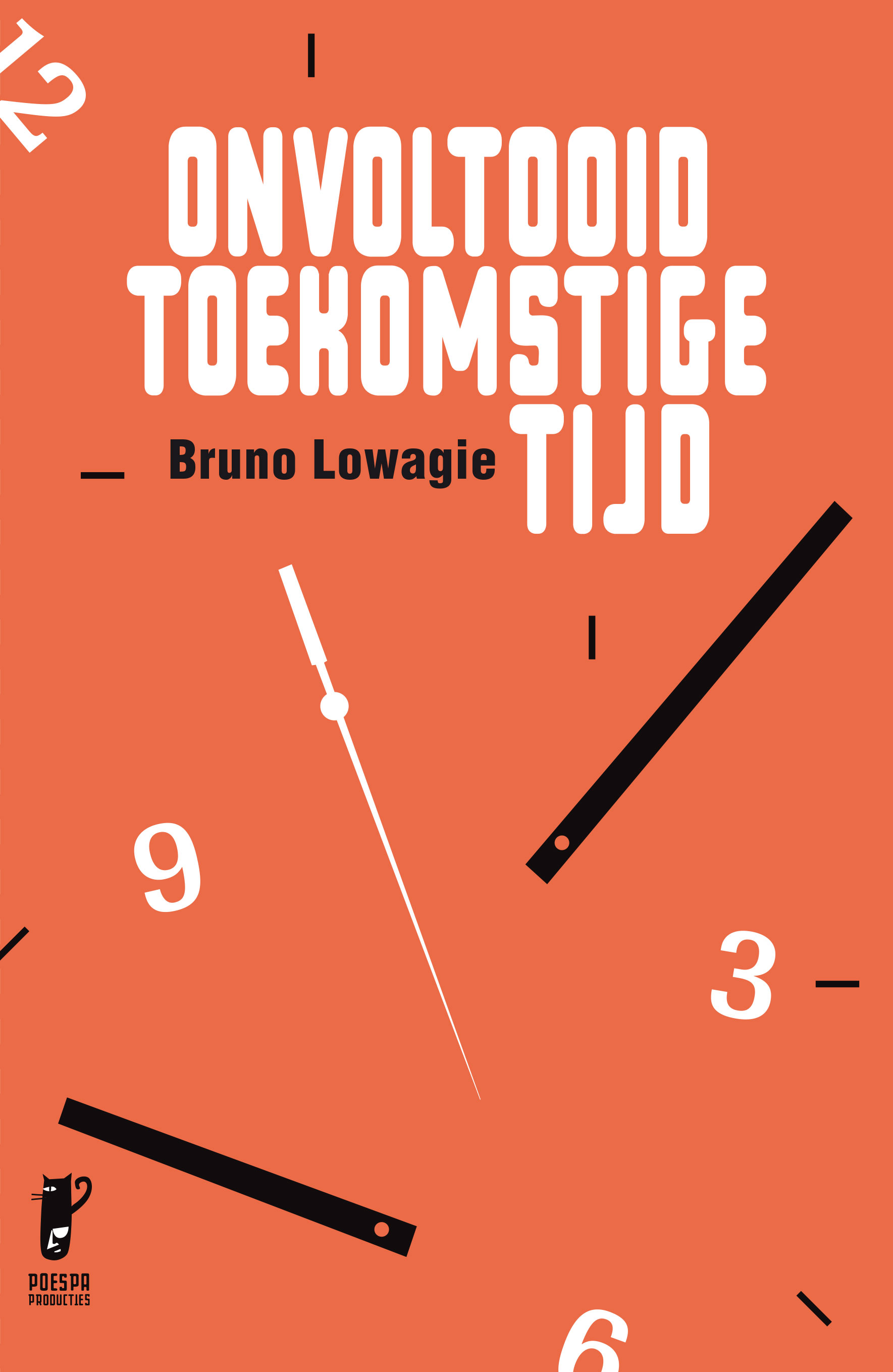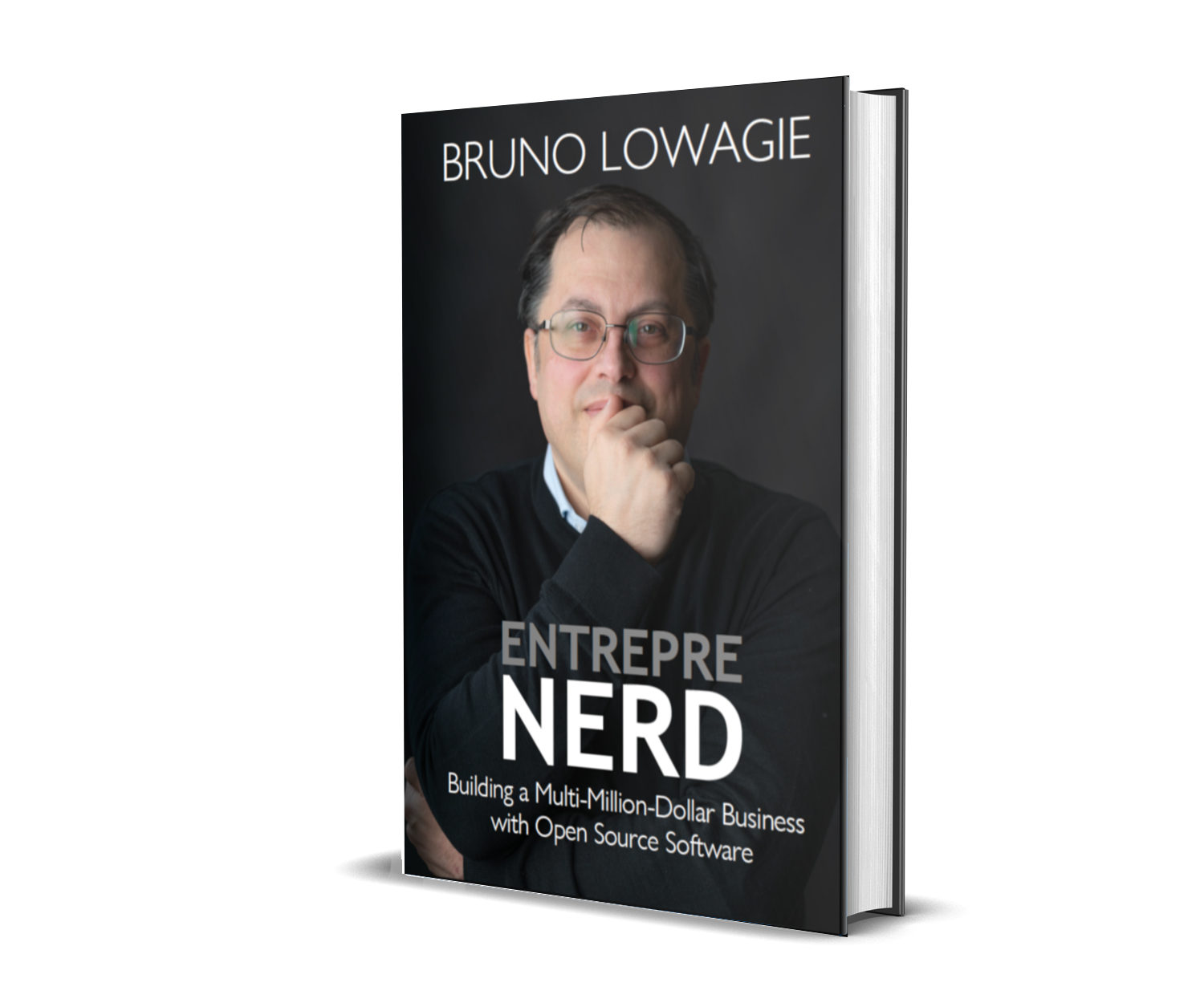2021-05-27
Why I don't offer my book in PDF format
My book is available in a paperback and a hardcover version, but I'm also offering it as an eBook, more specifically in ePub and Kindle format. A potential reader complained on Twitter, telling me that I should also offer the book in PDF-format. Many people consider me a PDF expert, so why would I not share the book as a PDF?
There are different reasons why I'd rather not respond to that request.
PDF has plenty of qualities, but it wasn't designed for the consumption of documents on mobile devices.
The Portable Document Format was created in 1993 when smartphones and tablets weren't around abundantly—or weren't around at all. Reading a PDF on a mobile device can be a pain. The screen of the device is too small to show the full page, so you constantly have to scroll from right to left, and back.
Granted, there are PDF files that have been made accessible (see ISO 14289 aka PDF/UA), meaning that the text can reflow, but it's not always trivial to create such a PDF, not all PDF readers support it, and when they do, the text doesn't always adapt to the screen the way you expect it to.
In my book, I explain that the PDF Association is currently working on a new document format with the working title next-generation PDF. The goal is to combine the best of PDF with the best of HTML 5. As long as that format isn't around yet, I prefer to release the eBook in ePub and Kindle format only.
When I founded my first company, its mission statement was:
We want to enable a paperless world pushing the limits of digital document interactivity!
That doesn’t mean that I don’t like paper books. On the contrary! I love taking a book in my hands, browsing its pages, and breathing in its smell. Above all, I wanted to liberate the world from paper forms that need to be filled out, signed, and sent in multiple copies to various authorities. Making the paper trail digital, reducing overheads and errors, increasing efficiency and productivity, were the key benefits we wanted to offer the world by further developing my product. As a technology, PDF is doing a great job fulfilling my mission, but so does ePub.
I can't think of any argument why you wouldn't purchase an eBook because it's only available in ePub form and not as a PDF.
There's an abundance of free eReaders you can download. Personally, I have the simple Google Play Books and the KOBO eReader on my phone. On my desktop, I have the Adobe Digital Editions and the Calibre eReader. Whether you're a fan of ePub or not, the reading experience is quite good with some of those tools.
Being a PDF expert, I was a late adopter of ePub. I used to share or sell books as PDF as an alternative to the paper version.
Much to my surprise, many people chose to print that PDF to read it.
One of my reader once proudly showed my his copy of iText in Action: A stack of 600 pages that he had printed on his employer's printer because the eBook was only half the price of the paper book. That broke my heart, as it went completely against my principles. I can understand that books are expensive, but that's no reason to be cheap. If you want to save money, buy the eBook and read it on a device; don't print it!
Finally, I choose not to distribute my book as a PDF because of bad experiences with the books I wrote for a publisher. I found illegal copies in PDF format online even before I received the first paper version of those books. I know that this can also happen with ePub or .mobi files, but the chances that people are going to download and print such a file are much lower.
Are illegal copies a problem? If so, who is disadvantaged?
In the case of the books I wrote for a publisher, the publisher cared, because illegal copies meant a loss of revenue. As an author, I didn't make much for each book. My main goal was to have the message spread as much as possible. The more people bought my books, the more money I made with the product I described in the books.
In the case of the books I self-publish, there are other players in the value-chain who lose money, but my main concern is of a fiscal nature. Take for instance Entreprenerd: my company has spent about 7,500 euro (about $9,000) to produce it. It has to make 7,500 euro to break even. If the company doesn't break even, the Belgian Tax Authorities are going to argue that my company doesn't have any reason to exist because the costs made for producing the book are higher than the revenue that is made with it.
My first and most important goal is to make 7,500 euro with the book. That's quite an ambitious goal, given that there are so many books on the market. It remains to be seen if and when Entreprenerd succeeds.
Onvoltooid toekomstige tijd
Entreprenerd
Wintercircus
Blog
- 2026-01-25:
Waarom de Belgische meerwaardebelasting een ramp is voor de Belgische economie - 2026-01-22:
Verkeerd citeren, en hoe hierop te reageren - 2026-01-11:
De Marshmallow-politiek: Waarom herverdeling een recept voor armoede is






